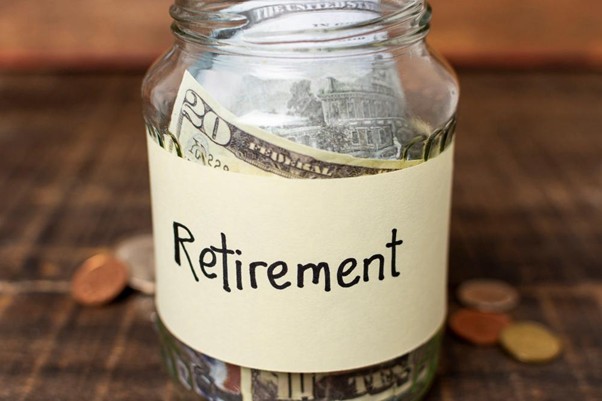Inflation has cooled off since its 2022 peak, but most people still feel like it’s eating into their retirement dreams.
A new survey by Charles Schwab shows that 57% of 401(k) savers think inflation is the biggest challenge to retiring comfortably.
That concern is still at the top, even though prices are rising more slowly now.
Only about 34% of people feel very confident they’ll hit their retirement goals. Last year, that number was 43%. People are trying to save, but it’s clear that confidence is slipping.
The biggest issue is uncertainty. Between market ups and downs and the cost of living rising, people are struggling to figure out how much they really need to feel secure.
Savers Refuse to Slow Down
Despite the challenges, most people are still finding ways to keep saving. Around 40% of savers say they’re cutting back on spending. They’re buying fewer things or switching to cheaper alternatives just to stay consistent with their 401(k) contributions.
Only 11% of participants said they actually reduced their retirement contributions. And fewer people are borrowing from or withdrawing early from their 401(k) plans. That number dropped to 21% this year, down from 26% last year.
This shows that people still understand how important long-term savings are. They’re adjusting their lifestyles, not their goals.
Can You Ever Retire Now?
The average retirement goal now sits at $1.6 million, which is slightly down from last year’s $1.8 million estimate.
That shift is likely because people are cutting back on what they expect to spend during retirement. Many are adjusting to higher everyday costs and are deciding they’ll need less to get by.
Most people expect to retire around age 66, with their savings lasting about 22 years.
Interestingly, Gen Z expects to retire even earlier, at age 62.
They’re more engaged with their finances than previous generations were at their age, and they also have access to more financial tools and advice. This could help them build more stable futures.
Retirees Rethink Social Security
More than half of Americans aged 45 to 75 say they have less trust in Social Security than they did five years ago. And 58% worry their benefits will be cut.
A couple retiring in 2033 is expected to receive $18,100 less per year from Social Security compared to today.
Because of this, workers are relying more on their workplace retirement plans. On average, people expect their 401(k)s to provide 45% of their retirement income, up slightly from last year.
Employers are helping where they can. About a third of survey respondents said their pay increased, while others received better 401(k) matches, bonuses, or health savings accounts.
These small boosts are making a difference.
So, What’s the Move?
Inflation may not be making headlines like it did in 2022, but it’s still top of mind for Americans planning their retirement. People are saving more carefully, trusting less in government benefits, and relying heavily on employer-supported plans.
It’s not easy to plan for the future, but the sooner you start and the more consistently you save, the better your chances of retiring on your terms.



